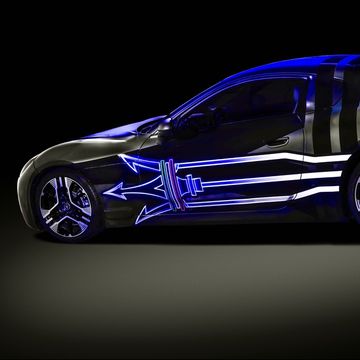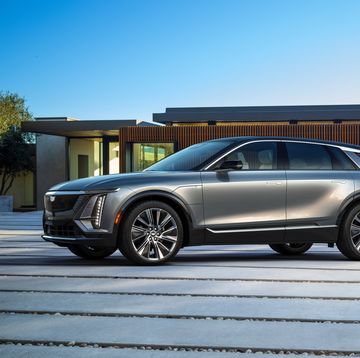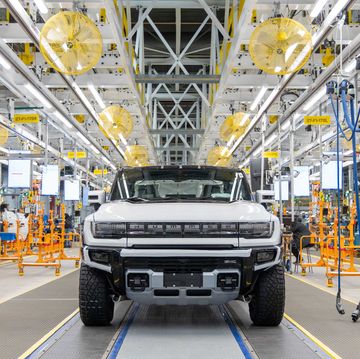| If you have trouble reading this message, view it in a browser. Ford plans EVs on Volkswagen's MEB platform, Jaguar gives I-Pace batteries a second life, and the Cadillac Lyriq gets ready to roll off the assembly line. But first: This week the Austin-based EV maker quietly raised prices across its entire lineup in the US, in an unannounced move that followed a number of similar price hikes in months past. The good news, if any, is that the two most affordable models were given the smallest price bumps, growing by about $2000 and $3000, depending on model and trim level, so they shouldn't deter EV buyers on more modest budgets who may have been thinking about ordering a Tesla. The bad news, on the other hand, is that the two more expensive models received some pretty significant price hikes, in addition to already seeing delivery times quoted in several months to a year. And this month's price hikes are by no means guaranteed to be the last ones this year, even as Tesla gets ready to launch the Berlin-Brandenburg gigafactory to increase capacity. Tesla has raised prices on its models numerous times in 2021. Tesla CEO Elon Musk hinted on Twitter days ago that the automaker is facing headwinds from the rising costs of raw materials and inflationary pressure. Even though Tesla has largely managed to avoid the significant downtimes experienced by other automakers over the past two years, including those prompted by chip shortages, it isn't immune from the pressures of pricing in commodity markets, including metals which have seen plenty of pricing volatility as a result of disruptions prompted by the war in Ukraine. The bad news, once again, is that other automakers aren't immune from these pressures either, which could spell even greater problems in 2022 than we saw the past two years, as prices for some raw materials could rise even further or see longer-term disruptions in availability. Tesla's price hikes are perhaps just the tip of the iceberg for all automakers. Ingolstadt's second A6 e-tron concept in as many years offers plenty more space inside along with a generous wheelbase. Speaking of availability, this week Audi took the wraps off a concept that previews an EV in a body style we've rarely seen. The A6 Avant e-tron concept is effectively a close preview of a model that Ingolstadt plans to put into production, being the long-roof version of the A6 e-tron sedan concept from 2021. Slated to be based on the PPE platform, the sleek concept with a length of 16.3 feet was designed to offer plenty of usable space inside, all without becoming some kind of crossover in the process.  This week the British automaker, along with Italian energy specialist Pramac, revealed the two have developed a portable system that uses batteries from the Jaguar I-Pace to provide power where access to it is difficult or simply unavailable. Dubbed the Off Grid Battery Energy Storage System (ESS), the unit uses batteries from one-and-a-half I-Pace vehicles, totaling 125 kWh, allowing Jaguar TCS Racing to prep for the 2022 ABB FIA Formula E World Championship during rounds of testing in Europe.
Earlier this week Ford revealed plans for two new electric crossovers that will follow the debut of the Mustang Mach-E, but they won't quite be Fords underneath. Rather, the two upcoming models will be based on Volkswagen's MEB platform that underpins a variety of electric models, including the ID.4 sold stateside, with this project being one of the first fruits of Dearborn's partnership with Wolfsburg announced almost two years ago.
|
Search
Tesla raises prices across the board
Subscribe to:
Post Comments (Atom)
















No comments:
Post a Comment